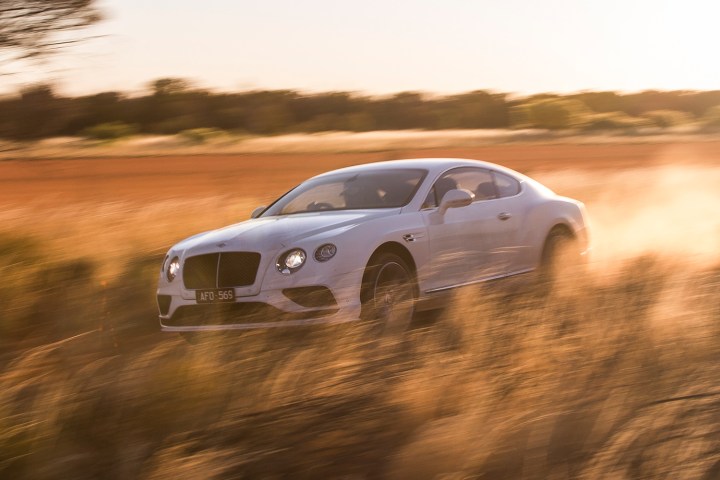
These luxury brands will only be the latest in a long line of Volkswagen casualties that has already claimed former CEO Martin Winterkorn, who resigned after heading the company for nearly a decade. And as the fines, lawsuits, and vehicle refits keep piling up, it seems that VW will have to reach deep into their pockets and those of their banks in order to come up with the cash. Sources familiar with the situation told Reuters, “Under the terms, VW assured the lenders it would sell or list assets worth up to significantly more than 20 billion euros if it fails to find other sources of money.”
Of course, VW has a number of other cars under its very large umbrella, so selling a few luxury car brands wouldn’t be the end of the world. Also including in the family are Audi, Porsche, Seat, Skoda, and Man. And as one source told Reuters, “Luxury car brands Bentley and Lamborghini or motor bike brand Ducati … don’t really move the needle.”
Still, considering that recent estimates of the scandal’s total cost now pushes $86 billion, VW may need to choose brands that actually do move the needle, or risk finding themselves in a very serious, very deep, very dark hole.


